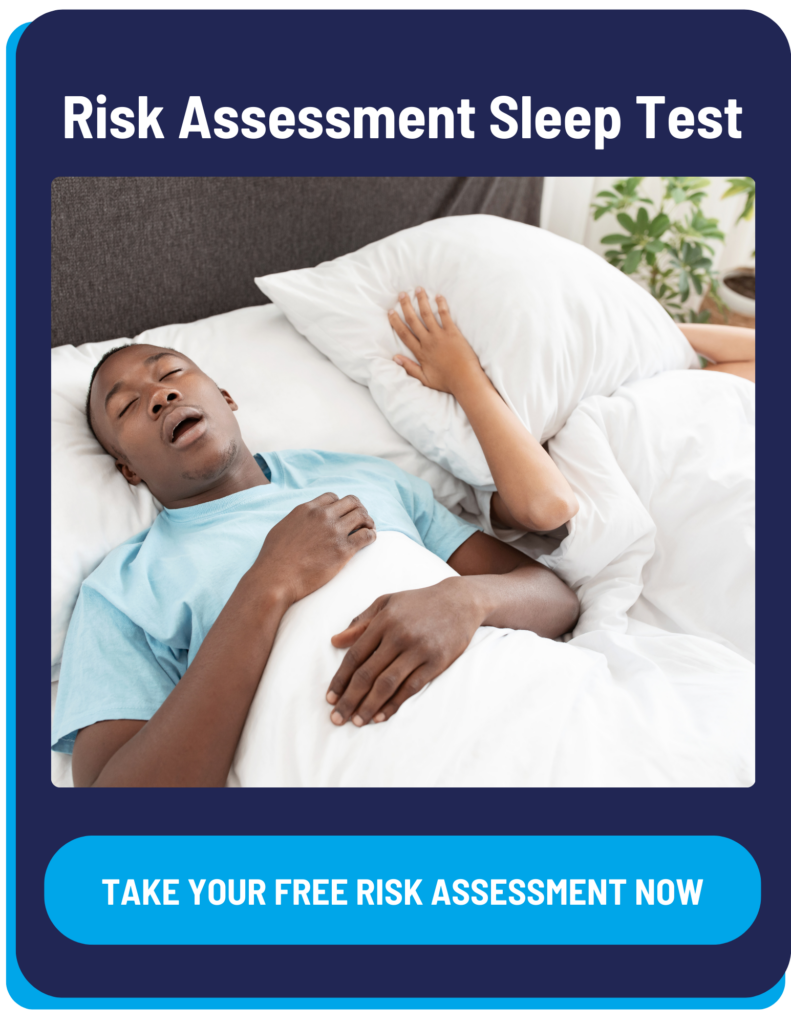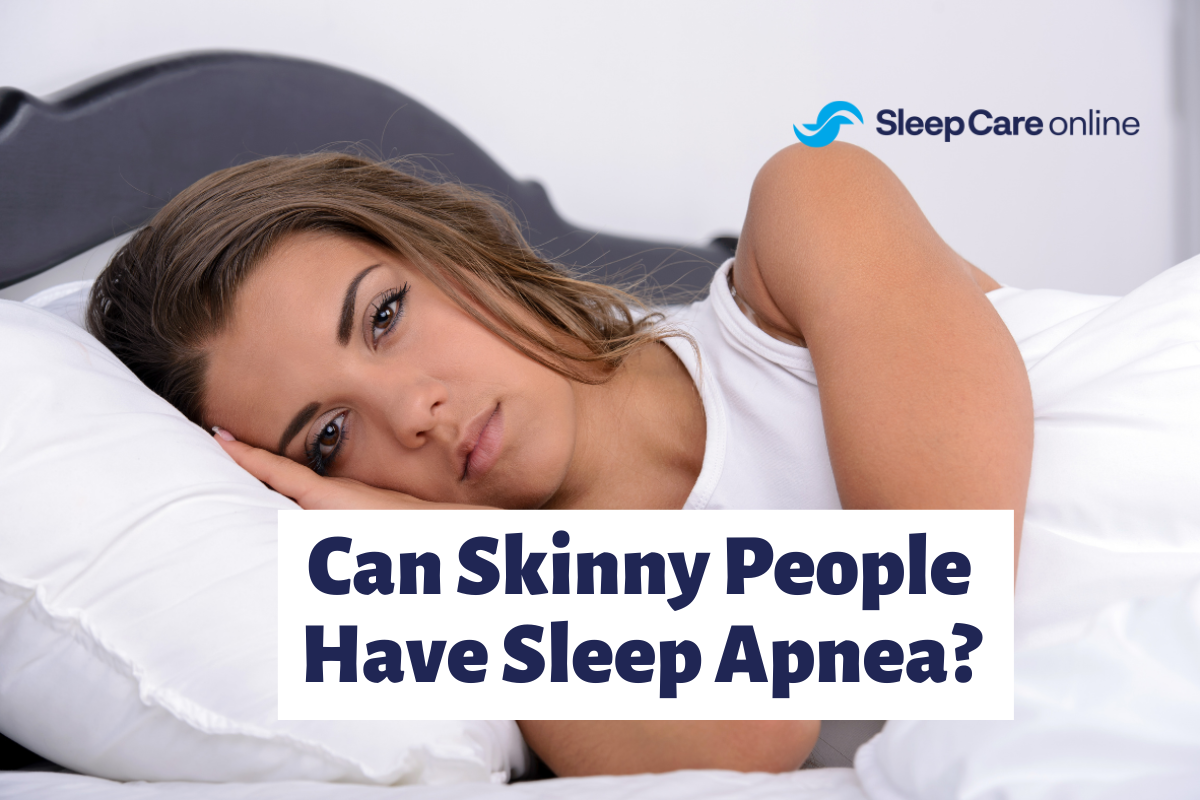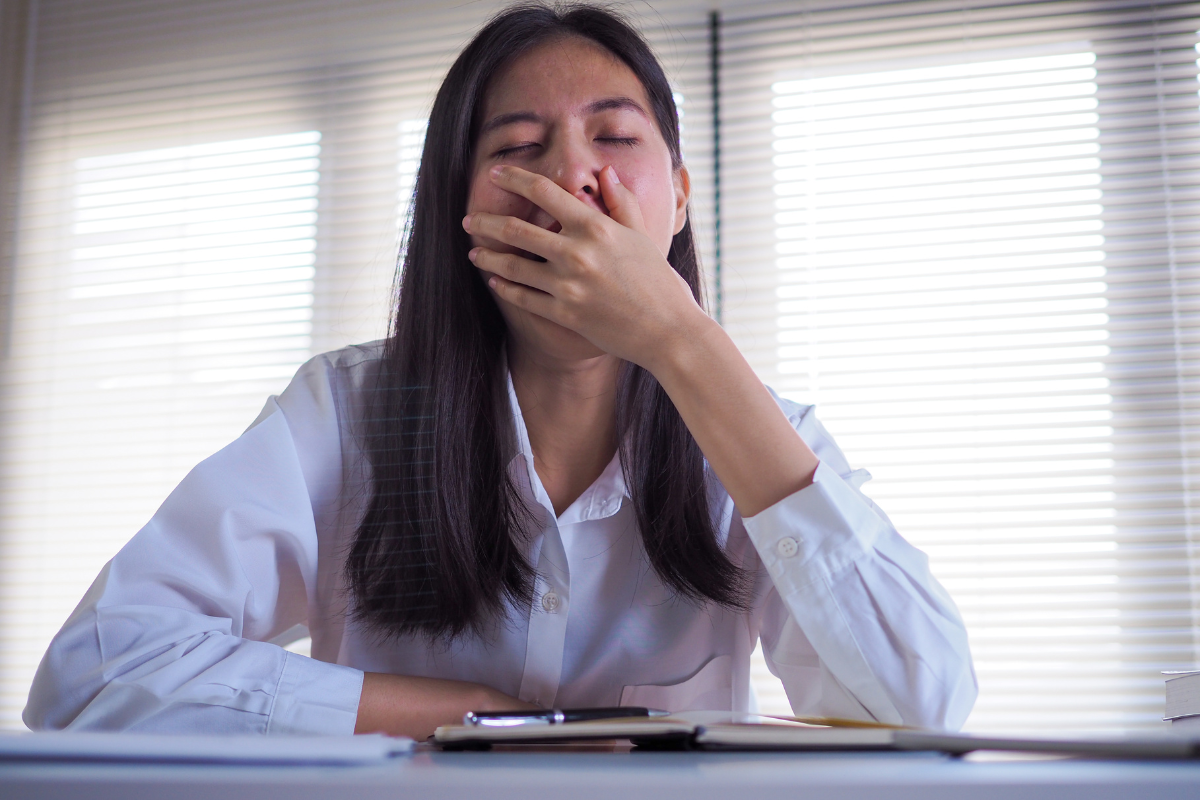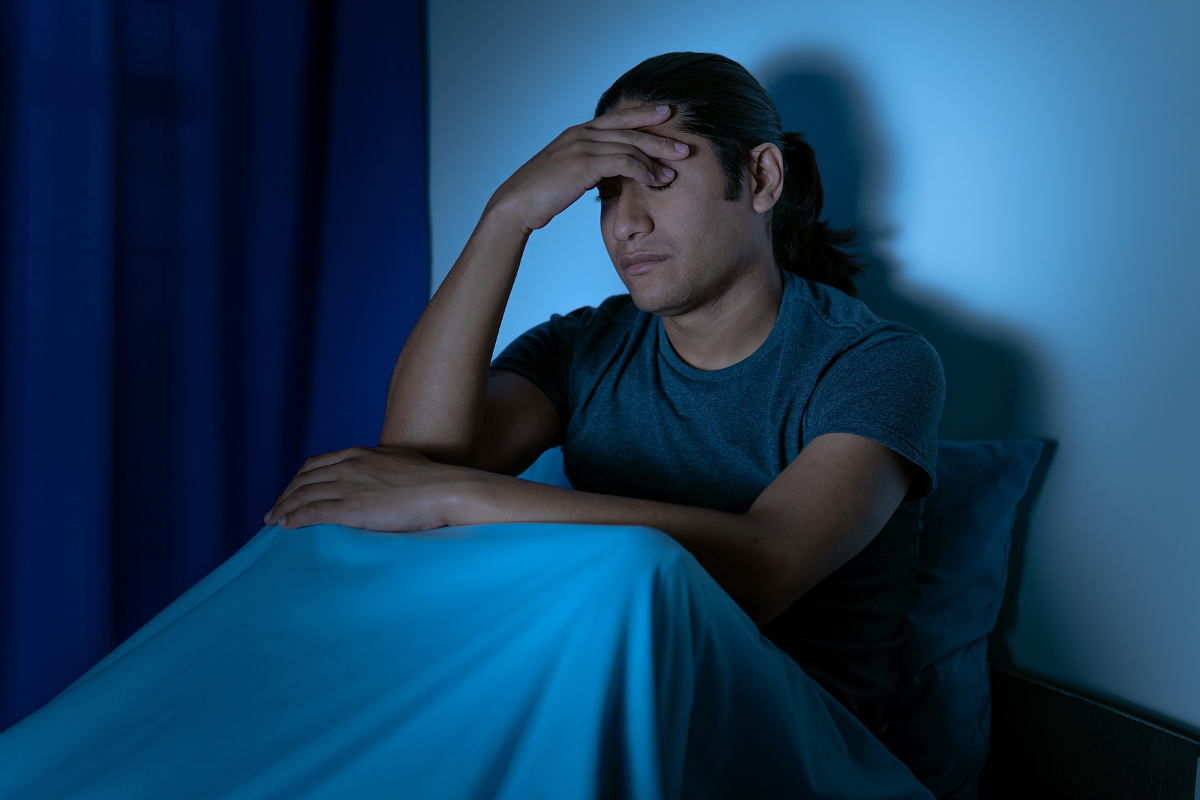Key Takeaways:
- If diagnosed with sleep apnea, your doctor will explore treatment options.
- There are many options for OSA treatment including CPAP therapy, oral appliances, surgery, medications, and lifestyle changes.
- CPAP therapy is the gold standard treatment for OSA and uses a mask to deliver air pressure to keep the airway open at night, improving sleep quality and reducing health risks.
- Starting CPAP therapy for obstructive sleep apnea is a significant lifestyle change with its own set of challenges.
OSA is a disorder characterized by abnormal breathing while sleeping. When they sleep, people with sleep apnea have apneas or periods when they are deprived of oxygen. These brief pauses in breathing result in lower quality sleep and impact the supply of oxygen to the body, leading to potentially serious health consequences. Individuals with OSA can experience 5-30 apnea episodes a night and 2 every hour. OSA, particularly in people with proven risk factors and comorbid conditions, is a highly prevalent disease.
If diagnosed with sleep apnea, your physician will discuss various obstructive sleep apnea treatment options and may write you a prescription for continuous positive airway pressure (CPAP) therapy. CPAP is considered the gold standard for treatment of obstructive sleep apnea.1
What Are the Causes of Obstructive Sleep Apnea?
Obstructive sleep apnea results when the throat muscles are too relaxed to permit proper breathing. These muscles provide support to structures behind the soft palate’s roof, the triangular soft tissue called the uvula, the tongue, and the tonsils. When your muscles contract, your airway closes or narrows as you breathe and oxygen intake may be insufficient for 10 seconds or more. This will lower the blood oxygen and allow carbon dioxide to collect.
Your brain detects this respiratory impairment and momentarily wakes you up from sleep in order to reopen your airway. This is generally so short that you won’t even remember it. You will wake up with shortness of breath that corrects easily in a few deep breaths. You may make a sound such as gasping, snorting, or choking.
What are the Effects of Sleep Apnea?
Sleep apnea, if left unchecked, may induce a variety of health complications, including elevated blood pressure, stroke, arrhythmias, cardiac muscle tissue enlargement, heart disease, diabetes, obesity, and heart attacks. Sleep apnea may potentially induce arrhythmia and heart disease, as well as elevating blood pressure. In fact, approximately 50% of people with cardiovascular disease or auric fibrillation suffer from sleep apnea.
What is CPAP therapy?
CPAP therapy uses a breathing device to deliver continuous pressurized air to the keep the airways open throughout the night. With the air flowing, the airways no longer collapse, and air reaches the lungs. The body now gets restful, uninterrupted sleep.
CPAP therapy consists of three parts: a CPAP machine, CPAP mask, and tube that connects the machine to the mask. Your physician will determine which machine and setting range that best suits your needs (CPAP vs APAP vs BiPAP). The goal is to deliver the minimal amount of pressure needed by your body to keep the airways open.
CPAP masks come in various styles and are selected based on sleep habits, breathing methods (ie, mouth breather), and facial characteristics (ie, beard). Masks come in full face to cover both the nose and mouth, nasal to cover just the nose, and nasal pillow with prongs that fit in the nose. The newest masks offer minimal coverage and obstructed views.
Is CPAP Therapy Effective To Treat Obstructive Sleep Apnea?
CPAP therapy is proven to be highly effective for obstructive sleep apnea treatment. When initiating CPAP therapy, respiratory therapist Jose Acosta, CRT, says that it will take up to 2 weeks for the treatment to begin to work.
Successful CPAP therapy results in:
- Airways staying open throughout the night
- No more waking up gasping for air in the middle of the night
- No more snoring
- Better quality of sleep
- No more daytime sleepiness and fatigue
- Less daily headaches due to lack of sleep
- Improved concentration and focus on tasks at hand
- Reduced blood pressure
How do you get started on CPAP therapy?
Initiating treatment for obstructive sleep apnea, such as CPAP therapy, is a lifestyle change and comes with its own challenges. Having a sleep expert is an effective and proven method to greatly improve your long-term adherence to this treatment.3 According to Philips, sleep advice from an expert results in a 24% increase in 90-day compliance.4
References:
- Cao MT, Sternbach JM, Guilleminault C. Continuous positive airway pressure therapy in obstructive sleep apnea: benefits and alternatives. Expert Rev Respir Med. 2017 Apr; 11(4):259-72.
- Mbata GC, Chukwuka JC. Obstructive sleep apnea hypopnea syndrome. Ann Med Health Sci Res. 2012 Jan-Jun;2(1):74-77.
- Sedkaoui K, Leseux L, Pontier S, et al. Efficiency of a phone coaching on adherence to contiuous positive airway pressure in sleep apnea hypopnea syndrome: a randomized trial. BMC Pulm Med. 2015;15:102.
- Retrospective study using 2014-2016 EncoreAnywhere data from Home Care Providers using PAMS at least six months. Philips Respironics. 2019.




